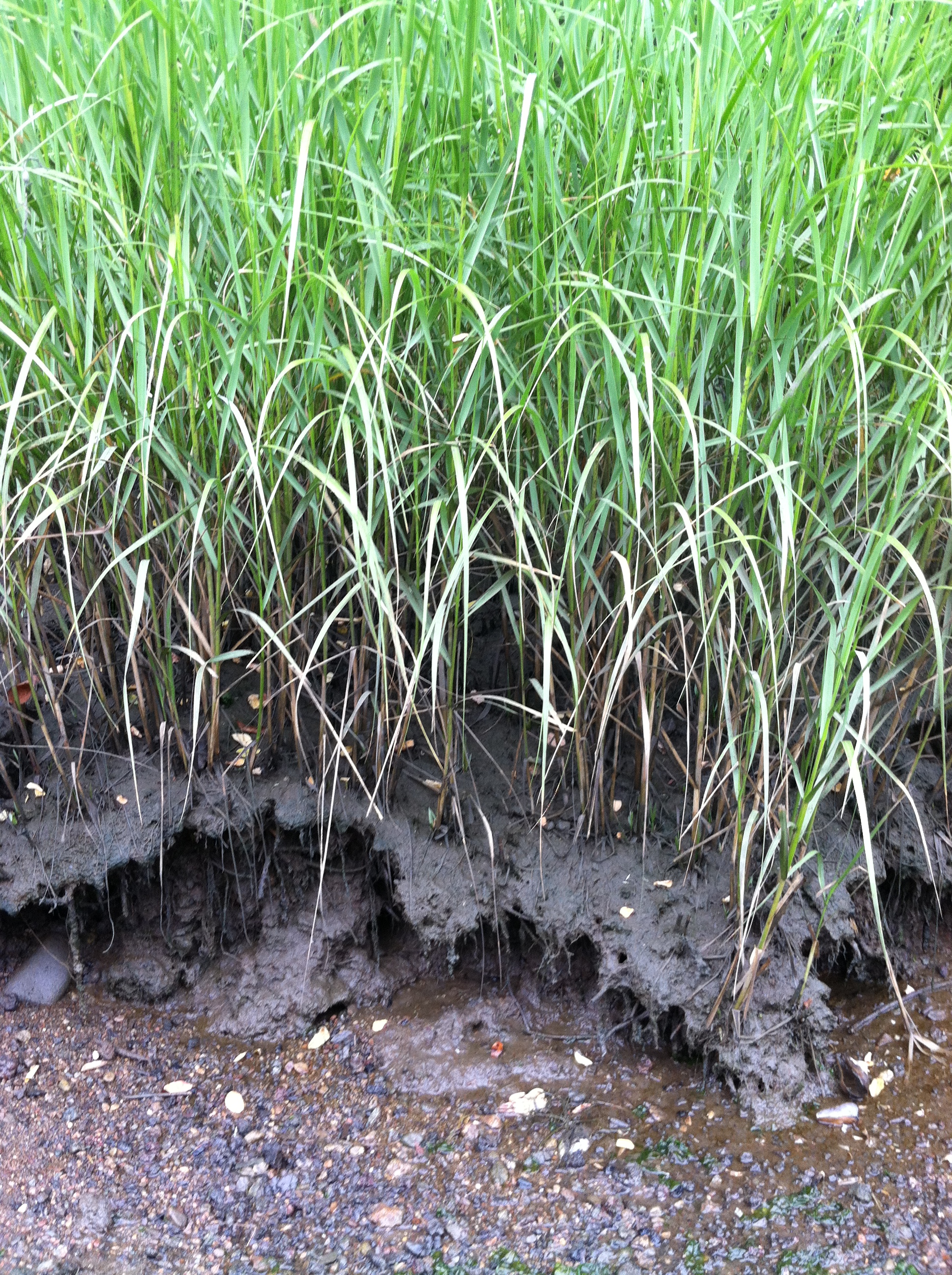As the Metro Boston Regional Service Provider for the MassBays National Estuary Program, the MSC is conducting an inventory of citizen science in the region. The following summarizes the intent and scope of a survey designed to help us characterize the scope, scale, and nature of local efforts.
- Know what data are being and/or have recently been collected to identify knowledge gaps on key topics.
- Better understand the interests and capacities or organizations for engaging in citizen science.
- Identify opportunities for connecting and supporting organizations interested in engaging volunteers with researchers and vice versa.
Additionally, MassBays plans to convene citizen science project coordinators for a Summit in the coming year, and these results will help us to identify who to target.
What geographic range is being considered in this survey? Coastal communities from Revere to Hull and any watersheds found therein.
What counts as citizen science for the purpose of this survey? Any monitoring or research relating to estuarine ecosystem health (e.g., coastal/marine biodiversity (including animals, vegetation, algae, invasive species, strandings, endangered species), water quality, weather/climate, sea level, erosion, flood level, streamflow, etc.) where “volunteers partner with scientists to answer real-world questions” (Cornell Lab of Ornithology, 2016). In other words, we’re interested in projects that engage non-scientists in gathering data and/or analyzing findings as part of a collaborative project with a professional scientist.
Who should fill out this survey? Anyone either spearheading a citizen science project or serving as the local organization coordinator/recruiter should fill it out. If you aren’t sure if a colleague at another organization may be providing information on a joint project, feel free to check with them or err on the side of including more information rather than less. We anticipate that watershed organizations, community groups, scientists, and/or K-16 educators may complete this survey.
How long will this survey take me to complete? It should take no more than 10 minutes to complete.

